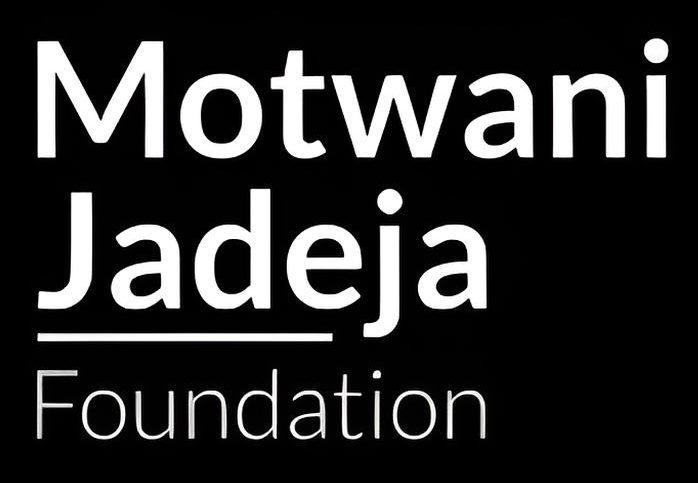“People say that the bumblebee should not be able to fly. According to the laws of aerodynamics, his wings are too short, his body is too big. But nobody ever told him about aerodynamics, so he doesn’t know what he is and isn’t capable of. Despite what everyone says, the bumblebee flies.” These are the opening lines of the short film “Bumblebees,” written and directed by Jenna Kanell and produced by Katy Tulka. The film stars Kanell’s brother Vance, a young man who has, among other things, autism, cerebral palsy and epilepsy. After overcoming many hurdles, Vance has yet to face another unknown: dating.
This short film is the winner of “Best Film” at The Disability Film Challenge and “Best International Film” at The Focus on Ability Short Film Festival. The film also received honorable mentions for both “Best in Fest” and “Best Family Film” at The Central Portland International Film Festival. The idea of the film was sparked when Kanell received an email from SAG-AFTRA about The Disability Film Challenge. “I’ve been writing my whole life, but at that point had never tried working behind the camera. So I figured that this forty-eight hour contest was a risk-free way to try both while telling a familiar story of one of the most interesting folks I know,” she says.
Tulka joined Kanell as the producer and the story quickly came to life after they drew the romantic comedy category. Together, they worked to create a project that is not only achieving acclaim but is being “used in educational programs around the country to encourage conversation about inclusion, understanding, hope and the visibility of disabilities,” says Kanell.
Kanell has always been a storyteller and “Bumblebees” is the first film she’s written and directed. “I have been telling stories in one form or another my entire life. I tried carrying that love over to film…and found myself at home,” she says. Aside from writing and directing, she also acts, trains in martial arts and is an animal rights activist.
Kanell draws inspiration not only from her parents, but also from trailblazing women who support the successes of other women. Although she’s young and this is her first stab at directing, her project has already gained much traction. There is no right or wrong way to achieve success, she says, but having a strong relationship with yourself is key. “Make sure you love and encourage yourself unconditionally. Be courageous enough to stand alone when you have to.”
Kanell wants to continue telling the impactful stories that sometimes go untold. “I want to help important stories breathe,” she says. These stories should open minds, inspire laughter as well as serious dialogues. They should transcend entertainment and create opportunities for minorities and provide inspiration for girls and women. “It’s a heavy order. But, I’ll do my best,” she says.
Similarly, Tulka, producer of “Bumblebees,” wants to lend a voice to stories that need it. A performer since age 5, she found that the film industry was the only place that could cater to both the technical and creative parts of her brain, she says. She is inspired by people who overcome the seemingly impossible by making the best of it. Through film, she wants to bring hope to people who need it.
Tulka has a close understanding of the power of film to lend strength to viewers. Having struggled with depression, homelessness and a 5-year battle with an aggressive food allergy misdiagnosed as, to name a few, multiple sclerosis, a brain tumor and lupus, Tulka turns to film as a source of encouragement. “Watching a film that relates to what you are going through can help bring you out of a really dark place,” she says.
Despite walking a path that’s been riddled with obstacles, Tulka’s outlook remains positive. She stands firm in her belief that something great can come out of a tough situation. “There’s always a silver lining in any situation, regardless of what, it is always there,” she says.
To succeed in the film industry, persistence and humility are very important she says. “Being able to stand up for what you believe in is critical, especially as a producer. As an actor, perseverance is most important,” she says. Tulka believes in community and that celebration is amplified when it is shared. “The minute you only want success for yourself, you are going to be miserable and you are not going to have anyone to share your success with you,” she says. For Tulka, all ideas are significant and she hopes to build a career that highlights the talents of every member of a production team, regardless of where they may fall on the career ladder.
For both Kanell and Tulka, being a woman has shaped their role in and experience with the film industry. “Being a woman shapes my role in everything I experience, and the film industry is no exception…The major disadvantage is that we live in a world where, unfortunately, women are not often given the same opportunities as men,” says Kanell. Women often have to deal with rude remarks and a general belief that they are inadequate says Tulka.
The industry is, however, slowly inching its way towards progress and both women are eager to be a part of this process. “I think that the roles of women in the industry have already changed some, but we still have a long way to go,” says Tulka. The future is looking bright, and increasingly, there are more and more films being created with female leads. “One day, there will be more roles of substance for women in front of the camera, where we come in all colors, ages, and sizes, and are more than just someone’s love interest. One day there won’t be so few women in production,” says Kanell.
For young women who desire to leave their mark on the film industry, Tulka advises to “always take the high road, keep your nose clean, don’t do anything that’s questionable, morally or ethically…though you might not have success immediately, people will know you as honorable and trustworthy.”
It is also important to stand firm in your beliefs. “Before you start looking for work, be sure of who you are, what you want, and why, so that people who wish you ill can’t easily throw you off course…You have the power. Remember that, and don’t give it away,” says Kanell.
Looking ahead, both women are excited to continue their careers by taking on new challenges and projects. Kanell is in post-production for an LGBTQ short film, in pre-production for a fundraising video for her brother’s school and is also working on a feminist short that will go into pre-production in 2016. Tulka has four production projects she’s currently working on, one of which will be on Alzheimer’s and will hopefully hit the 2016 festival circuit. Aside from that, she’s also working on a separate passion project. Both Kanell and Tulka aim to continue making socially conscious films and projects that are impactful on more than just one realm.




























